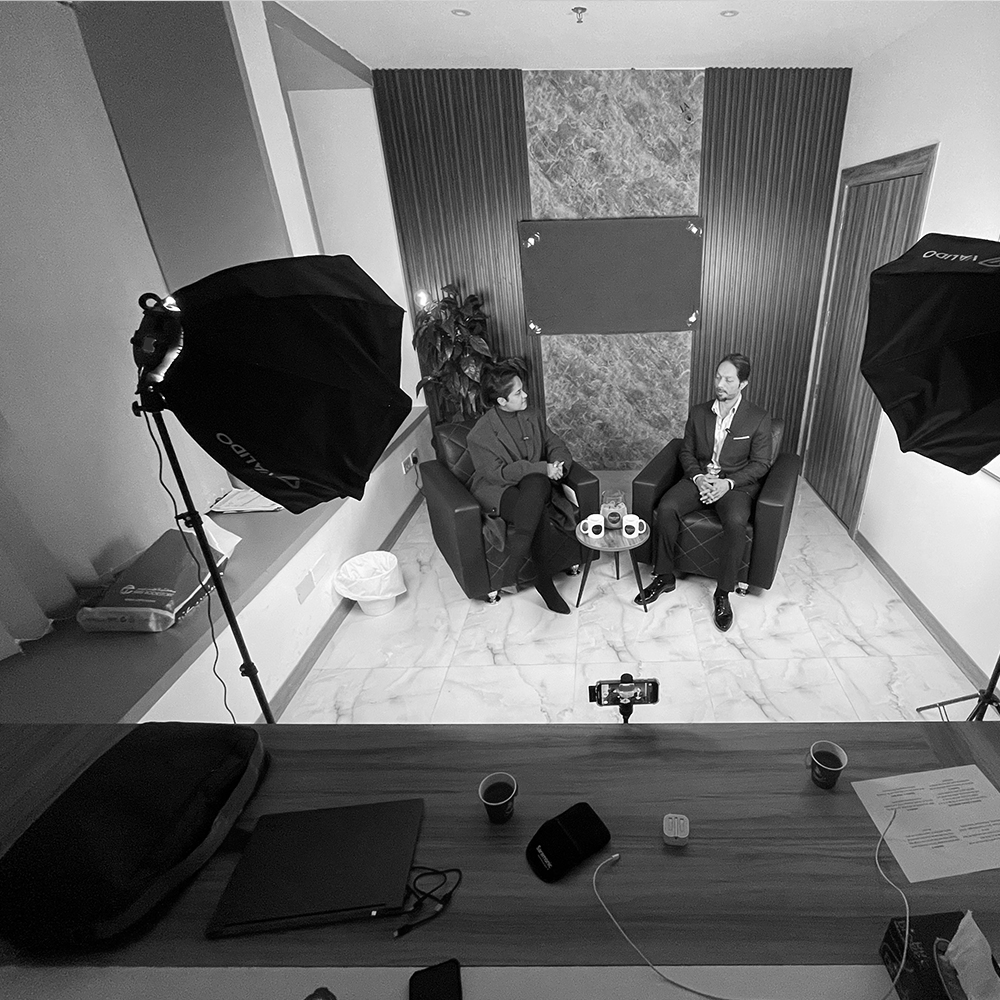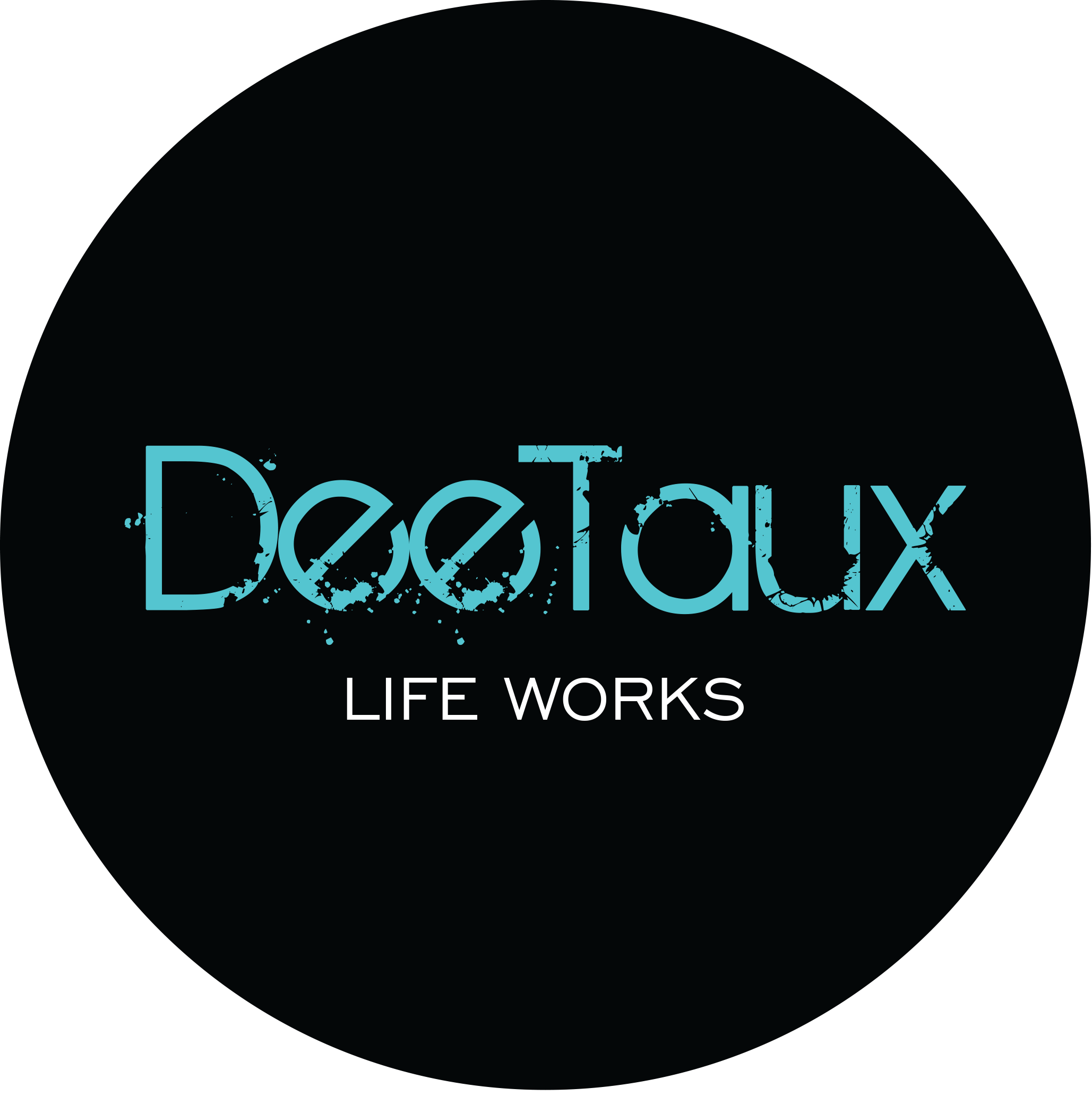Join us in the latest episode as we delve into the fascinating world of ‘Adapting Darwin’s Theory to Work’ with the insightful Cleatus Tauro, Sr. Project Manager in Environmental Sustainability and Remediation. Uncover the evolutionary principles reshaping the landscape of project management and discover how adapting is not just survival, but thriving in the professional ecosystem!
So you started your career at the age of 23 as a market researcher and now you're in environmental remediation and sustainability how would you describe your 21 years of career so far?
Cleatus: Diverse and interesting. I gained a lot of knowledge in different sectors, starting from market research to handling personal loans to banking. All the way to coming to Kuwait, getting into quality control and handling infrastructure projects, going to africa and doing things like electrical and mechanical, and then obviously going into the environmental sustainability field.
Cleatus: It’s been an absolutely amazing experience to be honest but most importantly it’s all the people that I’ve met who have been absolutely brilliant. Even though we have parted ways professionally we’ve still kept in touch personally and some of them are very good friends of mine all over the world. Everybody has touched me in a special way and I think I have touched them in a special way too which is why we’re still in contact.
Watch the full video
S2E5 “Adapting Darwin’s Theory to work” with Cleatus Tauro | Sr Project Manager | Env Sustainability
What are the theories in work and what are the hypotheses in work. Are they connected or interlinked?
Cleatus:I have completed my management training, so I am familiar with PMP certification. So there are many theories about labor, including scientific management, administrative management, and human behavior theories. Then there’s the idea of work-life balance, which everyone discusses, correct?
Cleatus: If you have a competitive kind of environment in an organization and everybody’s motivated to do well if you dangle a carrot in front of an employee (incentives),. So yes, there are hypotheses and theories at work to a certain extent.
How would you adapt Darwin's theory to work? Darwin proposed that species can change over time, that new species come from preexisting species and that all species share a common ancestor?
Cleatus: I think I would answer this in a different way. I think I have adapted Darwin’s theory to myself. Because when I initially first came to Kuwait in 2006 I didn’t want to be here. When I was looking out of the plane, I saw red all around. I was like no this is not the place for me and my initial uh feeling was I’m going to be here for maximum one year or two years and I’m going to move back for whatever reason was prior to me. But over time I met people, my perception changed. I met a lot of amazing Kuwaitis, a lot of amazing expatriates and learned a lot. I adapted, I survived and I thrived.
So yeah, Darwin’s theory of adaptability has applied to me personally. This place had a purpose for me and I’ve found my purpose and I’m really comfortable in where I am and what I do. The friends that I have, my family, the people around me. I’ve had more good than bad so I have absolutely no complaints.
Dee: Thank you so much you know for being, to an extent, so vulnerable about your answer
What do you think are the critical aspects for the success of a project keeping in mind your industry of environmental remediation and sustainability?
Cleatus: So currently we are doing one of the biggest environmental remediation projects in
Kuwait we as Bauer resources we are tied up with alghanim International as a joint venture. So we’ve been allotted one of the zones among the different zones. It’s a massive project, massive challenges. Going back to the critical factors for success of this project, I mean you can go back to right from when you bid for the project and understand the scope and the budget and the schedules and try to get everything synced within the established guidelines. All those are important but again I would tell you that people are the most important part and I’ve been blessed to meet wonderful people both on our side of Bauer and as well as Alghanim.
Cleatus: I mean even if you look at the person on the last level of that tree you know. I’m not talking about the guys at the highest level I’m talking about the one who’s probably just shoveling dirt into the pond or pit. I think even those are the most important people for the success of the project because if that one guy isn’t happy it’s going to trickle down the system.
When I say happiness, it is not about happiness in his personal life, it’s about happiness of coming to work and being a part of a larger goal. It’s not just about meeting your criteria of “I need to finish this project on this certain time”. It’s about everybody’s personal goals coming into a bigger goal and becoming one.
When they feel that what they’re doing, even shoveling dirt is helping in the success of the project and they feel that they’re as important as probably the guy who is making the toughest decision.
That’s when you know that you have really done something good.
Dee: That’s a wonderful way of saying that people are the driving force behind a project. You hear this from a lot of people in senior level positions. They keep specifying the fact that people are the most important, no matter what type of plan or strategy you have.
Cleatus: You can have all the plans but if you don’t have the people to execute it, what’s the point of planning.
Dee: Correct, I absolutely agree.



